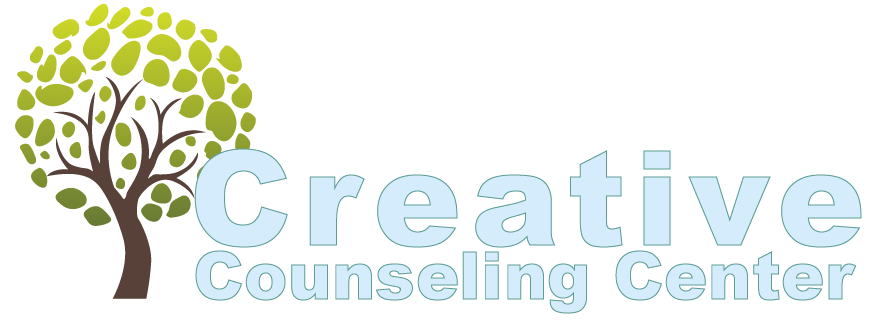Why Millennials Suffer from Depression More Than Other Generations…and What We Can Do About It
There are an estimated 83.1 million people living in the United States that were born between 1982 and 2000. In fact, according to the United States Census Bureau, this generation—the Millennial generation—is set to surpass the prior generation—the Baby Boomers—to become the largest living generation in history.
Each generation is defined by the specific fluctuations in focus that occur. The Baby Boomer generation—those born between 1946 and 1964—prioritized things like cultural identity. Most Boomers can be characterized as being either conservative and reserved or as being a proponent of change. Thanks to inheriting some benefits from their parents’ generation, and an economy that still offered affordable homes, “The American Dream” was still very reachable for them.
Following them, the Millennial generation shifted its focus away from things like religion and historical awareness and prioritized technological access, cultural diversity, and workplace fulfillment. This generation is described as being the most educated, accepting, and focused on their wellbeing. However, despite this, and despite having relatively affordable healthcare, certain health conditions have increased in prevalence.
The Blue Cross Blue Shield Health Index reports that from 2014 to 2017, major depression has increased in Millennials by 31%. Most researchers agree this uptick in depression is largely due to the societal pressure to do more—live further away from their job, work longer hours, and produce more output—all with fewer resources—living in more densely populated areas, earning less money than previous generations, and paying off massive student loan debt. Among other things, this has caused many Millennials to become unable to achieve certain “rites of passage” into adulthood—rites that the previous generations were afforded.
These achievements, such as paying rent, buying a home, or buying a car, which were once easily attainable, mark important milestones in a person’s life. These milestones are the markers by which many determine if they are satisfied with the path their life is moving on. When these things become difficult or impossible to afford, it becomes harder to remain optimistic. As a result, many Millennials are being forced to accept that they may not be able to live the same way as their parents did—perhaps even to their disappointment. However unreasonable the situation may be, it does not mean it’s easy to digest. Because of this, it is no wonder so many members of the Millennial generation are struggling with depression.
When dealing with depression, it’s important to seek treatment as soon as possible to reduce the amount of time it takes away from living a normal life. Traditionally, this means attending regular sessions with a counselor or therapist. This level of treatment is enough for many, though some individuals may also benefit from holistic supplements, antidepressant medications, or other pharmacological interventions.
Therapy for depression is highly effective—just having a neutral third party to talk to can work wonders for a person’s mental health. A therapist can work with an individual to help them identify situational triggers that may heighten their depressive symptoms, and help them develop healthy coping mechanisms for dealing with their symptoms.
Do You Feel You Could Use the Help of a Therapist?
Creative Counseling Center is here for you. We’re happy to offer a free consultation to any new patient in need of counseling and curious whether our practice is a good fit for them. Whatever your age—and whatever you’re struggling with—counseling could make all the difference. Complete the brief form below to be connected with a member of our counseling team and start your journey towards mental well-being.
Contact Us
We will get back to you as soon as possible.
Please try again later.

ABOUT THE AUTHOR
Teri Karjala is a Licensed Professional Counselor & Marriage and Family Therapist. She is the founder and Executive Director of Creative Counseling Center, LLC. Working in the field since 1999, Teri and her team of therapists specializes in counseling for those who have experienced trauma. They work with children as young as age 2, as well as teens and adolescents, adults, seniors, families, and couples.
REQUEST A FREE CONSULTATION
If you have questions about counseling, would like to find out if counseling could help you or a loved one, or are interested in learning more about our services, just complete the brief form below to request a Free Phone Consultation. A member of our team will contact you shortly. After a brief conversation, we'll determine together whether our practice is right for you and which therapist may be best suited for your specific circumstance.
Finding the right therapist, one you click with, is less about the therapist's experience and qualifications and more about the therapist's personality. So let's talk. Let us match you with a therapist you have a high likelihood of clicking with.
Fields marked with an * are required.
Contact Us
We will get back to you as soon as possible.
Please try again later.
GET SOCIAL WITH US
CONNECT WITH US
PHONE
EMAIL US
ADDRESS
6021 South Syracuse Way, Suite #216
Greenwood Village, CO 80111
OFFICE HOURS
Monday-Thursday: 8:30am-8pm
Friday: 12pm-5pm
Saturday: 12pm-4pm



